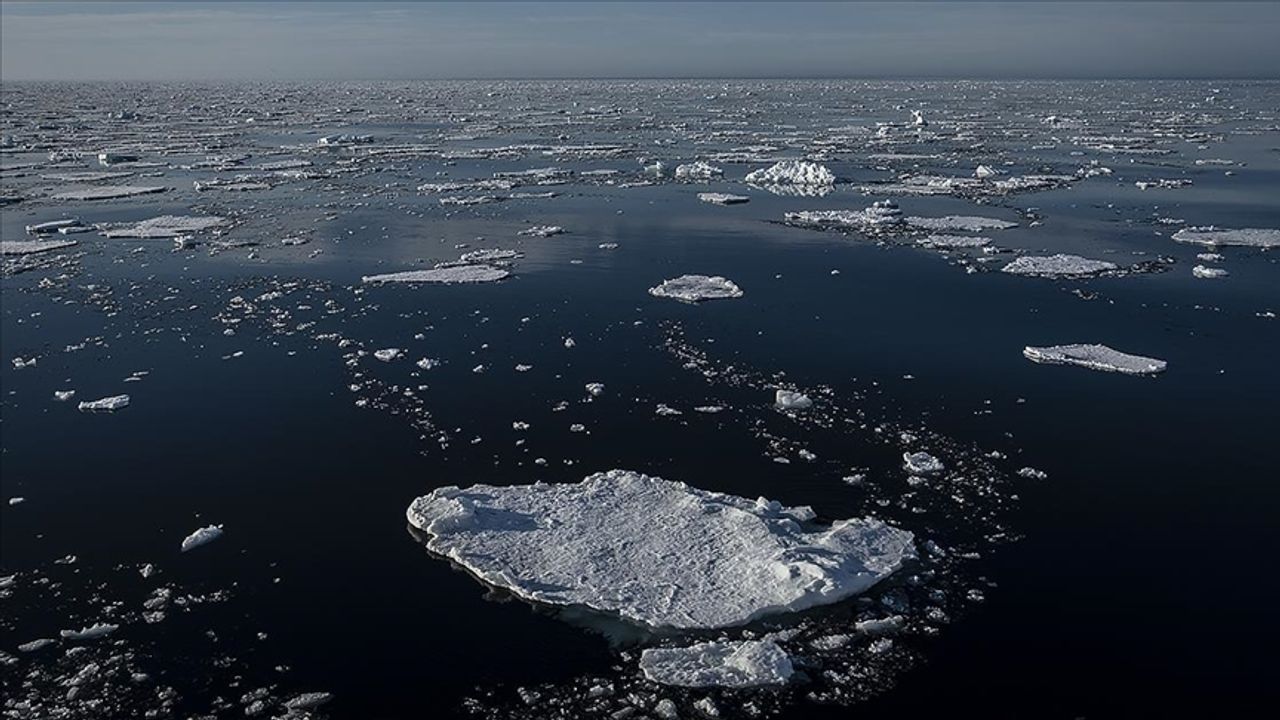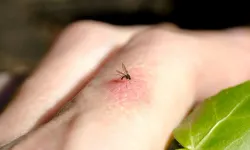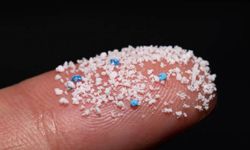Most of the antibiotics currently used are derived from land-based actinobacteria, but as antibiotic resistance is on the rise, scientists are looking for new sources.
Actinobacteria living in the marine environment are thought to produce more diverse compounds due to factors such as pressure, temperature and salt concentration. In this context, actinobacteria in some invertebrates extracted from the Arctic Ocean in 2020 were examined.
Published on August 30 in the journal Frontiers in Microbiology, the study investigated the effects of four actinobacteria species on enteropathogenic E. coli (EPEC) bacteria.
EPEC is known as a bacterium that causes severe diarrhea, especially in young children. As a result of the research, two species of actinobacteria were found to prevent this bacterium from causing the disease.
Researchers emphasize that more studies are needed before these compounds can be used as antibiotics and that large quantities need to be produced to study the compounds in detail.
Päivi Tammela, co-author of the study from the University of Helsinki, said more research is needed to see the effects in clinical use, but added that they are hopeful that there are other compounds waiting to be discovered in the depths of the sea.















